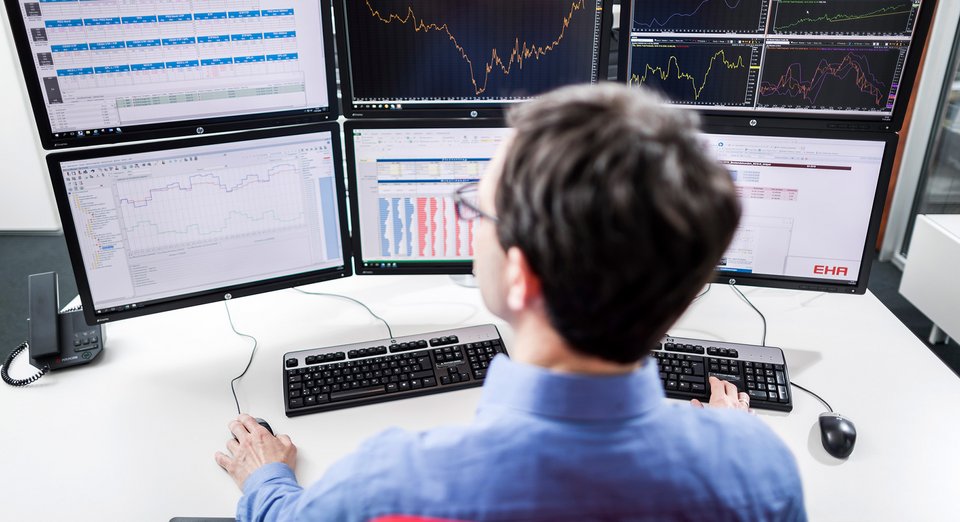
Energy prices remain a key issue for retailers and consumers. We spoke to the managing director of EHA, Jan-Oliver Heidrich, about long-term purchasing strategies and short-term factors influencing the price of electricity.
 Jan-Oliver Heidrich, managing director of EHA
one: According to a YouGov survey, nine out of ten Germans are concerned about rising energy prices. How deep are your worry lines?
Jan-Oliver Heidrich, managing director of EHA
one: According to a YouGov survey, nine out of ten Germans are concerned about rising energy prices. How deep are your worry lines?
Jan-Oliver Heidrich: We are indeed concerned about the situation and have been for some time. The development we are experiencing today was already foreseeable last year, before the war in Ukraine. We have a clear strategy for supplying our customers and that is to be prepared. That's why we buy long-term on the futures market and have already hedged for the current year and large parts of the years 2023 to 2025. This has the advantage for us that we don't have to buy electricity for this share on the short-term spot market at high prices.
one: How does this affect the price that EHA pays for electricity?
Jan Oliver Heidrich : What we are currently offering in times of fluctuating prices is reliability. By purchasing electricity in a structured and broadly diversified manner, we can offer favourable and reliable prices on which short-term effects such as power plant outages or the reopening of the economy after coronavirus have little or no influence.

one: If you buy long-term, you already have an idea of the expected electricity prices in the coming years. What does that look like?
Jan Oliver Heidrich : Electricity for 2025 currently costs significantly less than for the current year. Apparently, the players on the market are assuming that the current prices will not be sustainable in the long term. That suits us because we are growing out of the favourable conditions from the forward market volumes we have already realised. Despite all our precautions, we anticipate significantly higher energy costs for our customers, suppliers and ourselves in the short and medium term.
one: Many suppliers are currently demanding higher prices, citing the rise in energy prices. How justified are these demands?
Jan-Oliver Heidrich: There is no generalised answer to that. But here, too, the question arises as to whether the company in question has relied on cheap prices on the spot market or has made long-term preparations and stocked up on energy. according to an IHK survey, 50 per cent of companies still have to buy electricity this year and in some cases have only covered 30 per cent of their energy requirements. This strategy is now paying off. If we simply follow the logic that higher energy prices also result in higher product prices, then suppliers should also lower their prices when energy prices go down. But that has not been the case so far.
one: Mr Heidrich, thank you for talking to us.







